Even when Latin Americans are allowed to speak, IR scholars and practitioners do not listen to them due to the language in which they produce knowledge, epistemic violence and access barriers.
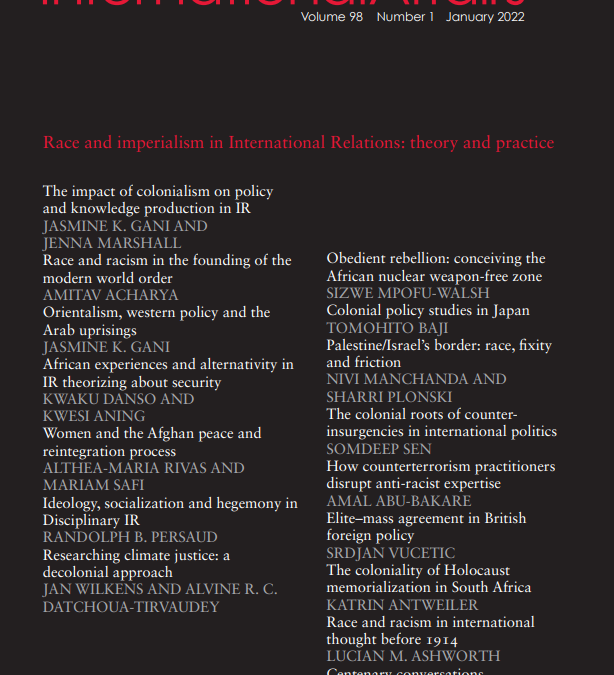

Even when Latin Americans are allowed to speak, IR scholars and practitioners do not listen to them due to the language in which they produce knowledge, epistemic violence and access barriers.
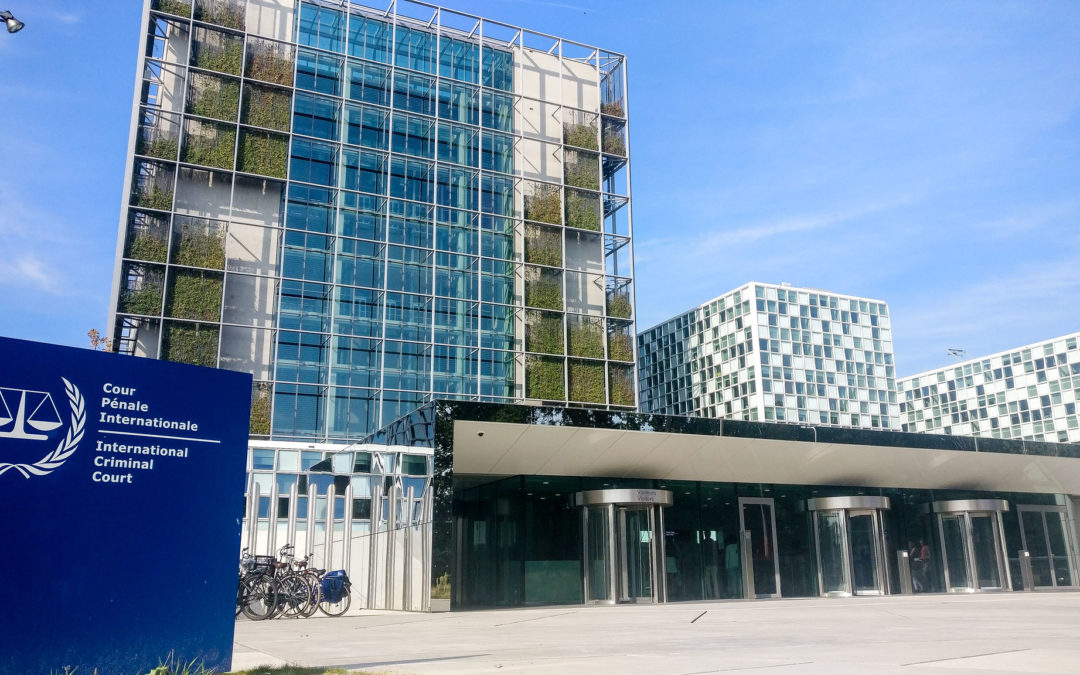
When it comes norm dynamics and how we theorize them, uncertainty presents something of a paradox. We study norms because we think that they matter. But if norms are inherently uncertain, then how is it possible that they constitute, constrain, and otherwise shape the behavior of global actors? Unless norms produce stable and defined expectations, then how can they have the power to structure international politics?

Since 2014 the international community has considered the issue of autonomy in weapons systems under the framework of the United Nations (UN) Convention on Certain Conventional Weapons (CCW)....
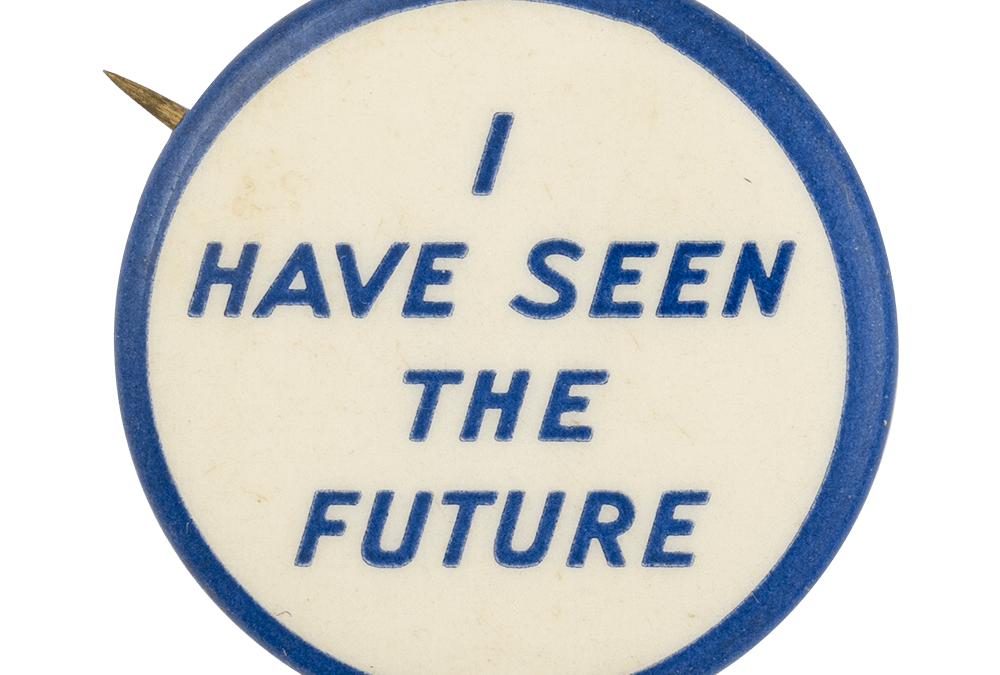
At the 1939 World Fair in New York City, the big attraction was "Futurama," an exhibition put on by the U.S. car manufacturer General Motors. Every visitor to Futurama received a souvenir — a small...

Perhaps the problem isn’t that theories leak from the lab, but efforts to seal the lab in the first place. If political scientists spent more time observing the policy world, me might get both better and more careful theories in the first place.
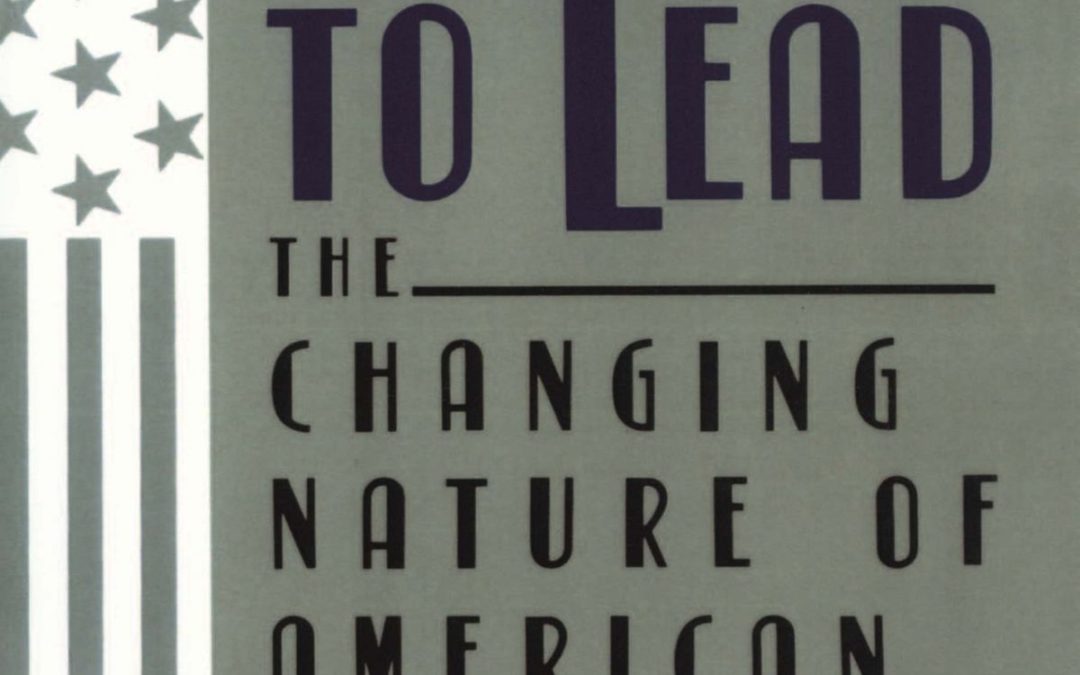
Political Science isn’t sterile laboratory. The discipline is riddled with politics and deeply influenced by policy concerns.
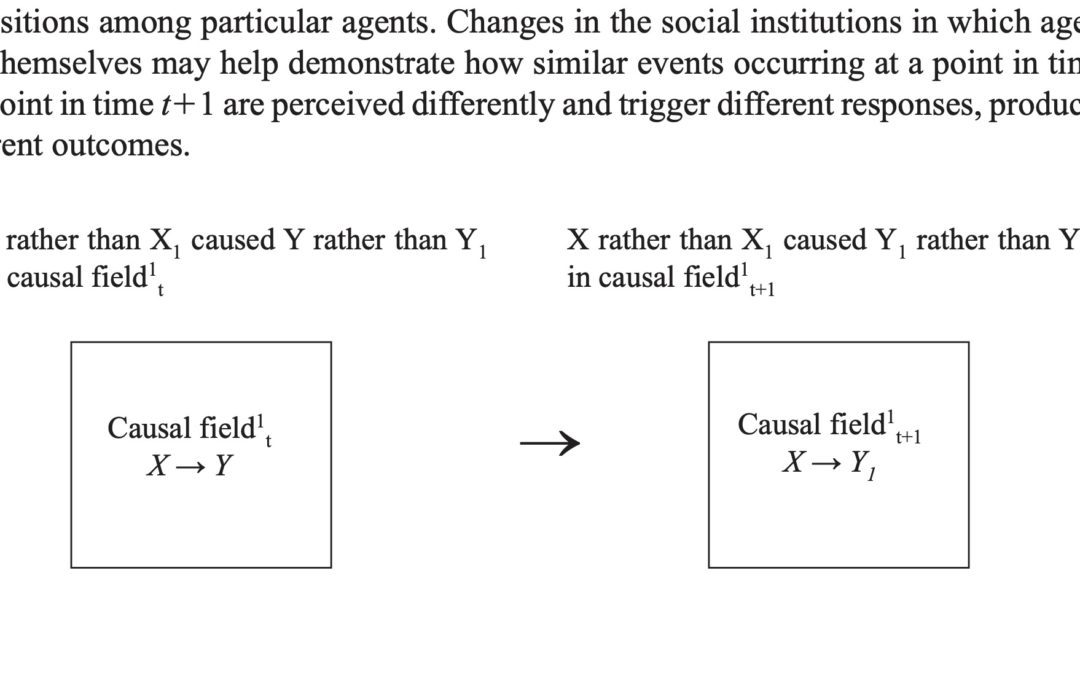
Ludvig Norman answers 6+1 questions about causal inference in interpretative scholarship
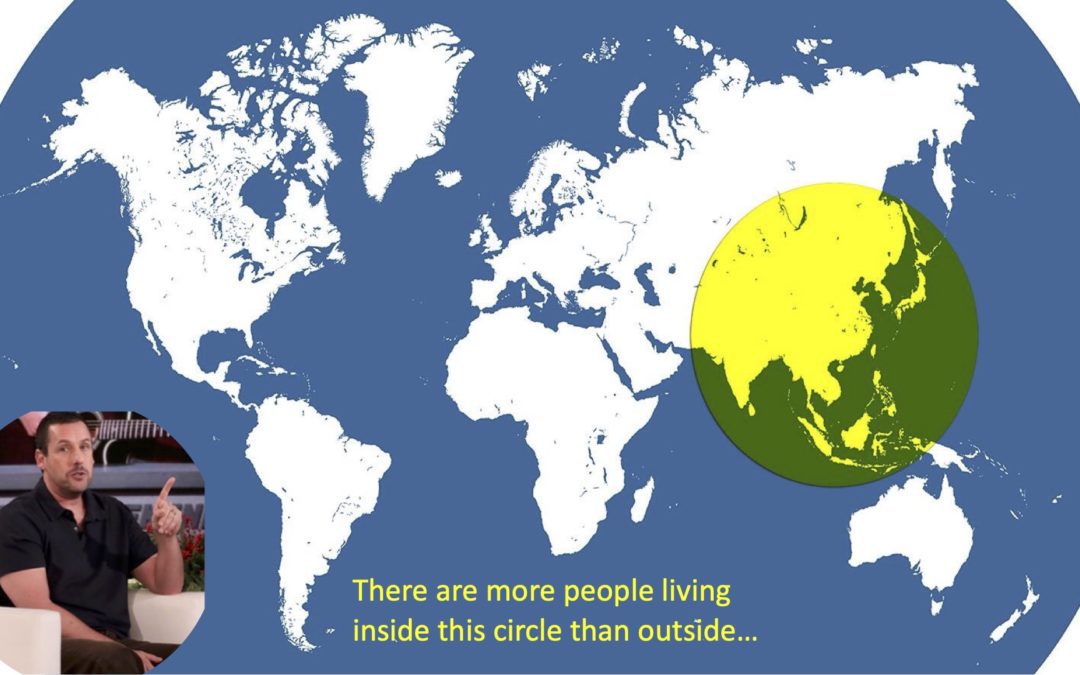
Film critics have approached Adam Sandler’s films the same way that IR scholars have analyzed the rise and fall of the Liberal International Order (LIO)
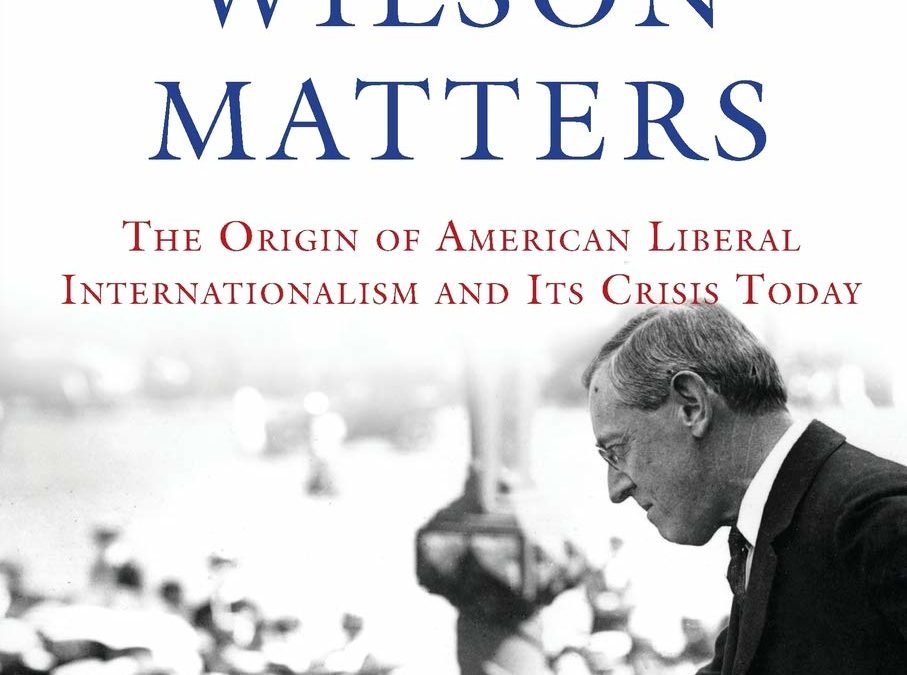
Daniel Deudney and John Ikenberry recently published a ‘big think’ article in Foreign Policy. They note that the Biden administration’s approach to foreign and domestic policy – including its particular understanding of the relationship between them – is best understood as “Rooseveltian” in character. What should we make of this?

As an American living in London, I wake up every morning and check statistics: the number of positive cases reported the prior day in both the UK and US, the number of deaths, hospitalizations and vaccine doses administered, the percentage of the population fully vaccinated and the number of days until the government promises to re-evaluate the lockdown’s end. These numbers determine when I might see my family again, when I might receive a vaccine or even when I might be able to meet a friend for a much-needed outdoor pint. Of course, beneath these numbers may lie unspeakable loss to...
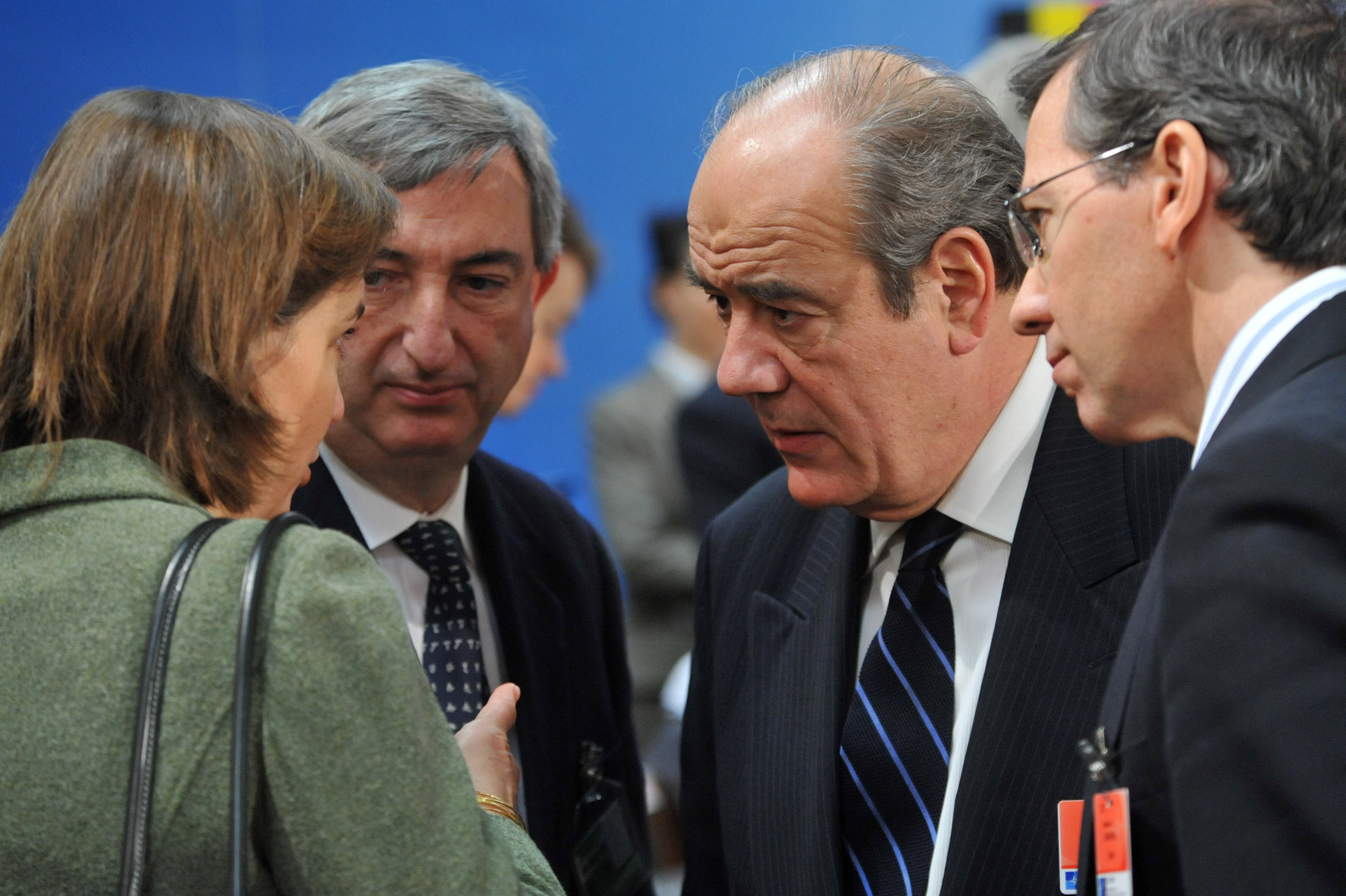
This post was written by Simone Dietrich, Heidi Hardt and Haley J. Swedlund. Simone Dietrich is Associate Professor at the Department of Political Science and International Relations at the University of Geneva. Heidi Hardt is Associate Professor at the Department of Political Science at the University of California, Irvine; a member of the 2015 International Policy Summer Institute cohort, and a 2021 Council on Foreign Relations International Affairs Fellow. Haley Swedlund is Assistant Professor at the Department of Political Science at Radboud University and a member of the...
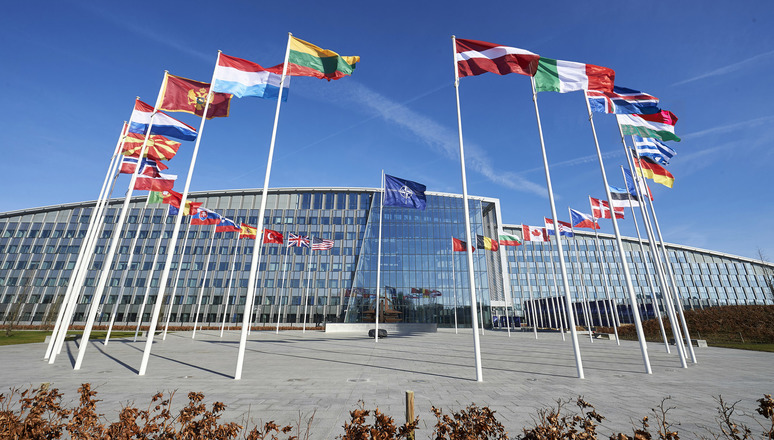
Academic debates about NATO-Russian relations are deeply entangled with policy preferences.